PRESERVING A MILITARY LEGACY FOR FUTURE GENERATIONS
The following Reflections represents SSG Michael Kurtzman’s legacy of his military service from 1971 to 1996. If you are a Veteran, consider preserving a record of your own military service, including your memories and photographs, on Togetherweserved.com (TWS), the leading archive of living military history. The following Service Reflections is an easy-to-complete self-interview, located on your TWS Military Service Page, which enables you to remember key people and events from your military service and the impact they made on your life. Start recording your own Military Memories HERE.
Please describe who or what influenced your decision to join the Army.
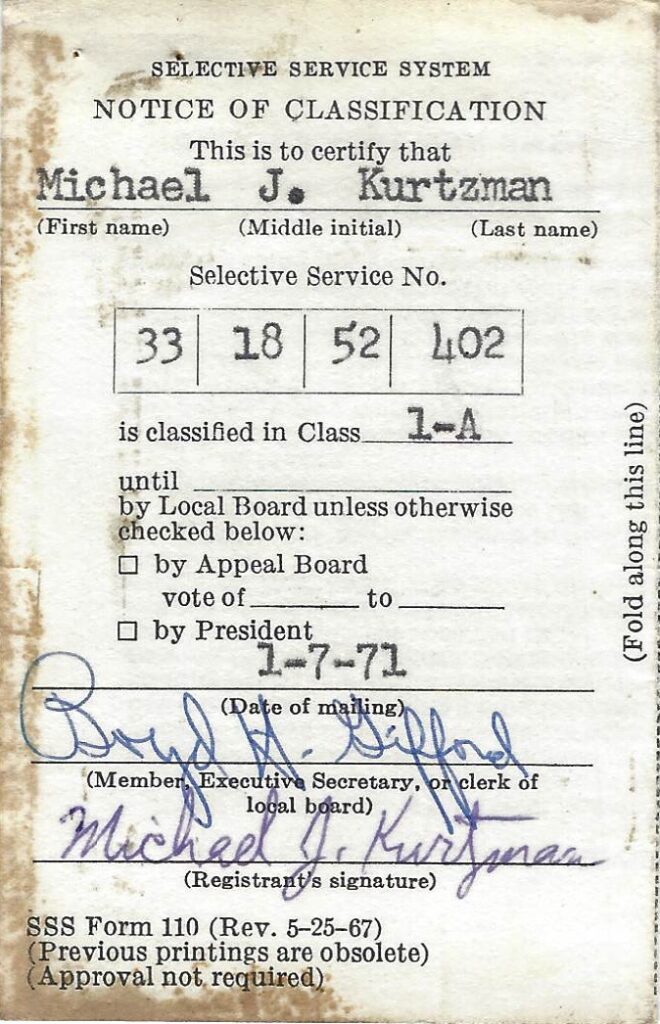
My first look at the military was with an Air National Guard Unit in Mansfield, Ohio. It looked very promising and in an area that interested me (computer programming). They showed me the computer and how it requires to be programmed (wires). But the reason that I didn’t choose to go this route was that they wanted me to cut my hair (still attending OSU) just for a photo. It was still over six months until I would enter basic. I couldn’t let my hair go.
The military draft lottery drawing held August 5, 1971, to determine the order in which men born in 1952 were called to report for induction into the military.
The highest lottery number called for this group (year) was 95; all men assigned that lottery number or any lower number, and who were classified 1-A or 1-A-O (available for military service), were called to report for possible induction. My draft number was 17. I was also classified as 1-A.
26 August 1971 I signed my enlistment contract for delayed entry into the US Army. I enlisted for four years which got me my choice of military occupational specialty (MOS) and where I wanted to be stationed. My choice for MOS was communications, specifically Communication center specialist. My choice of where I was to be located was Europe. It also meant that I entered active duty as an E-2.
Whether you were in the service for several years or as a career, please describe the direction or path you took. What was your reason for leaving?
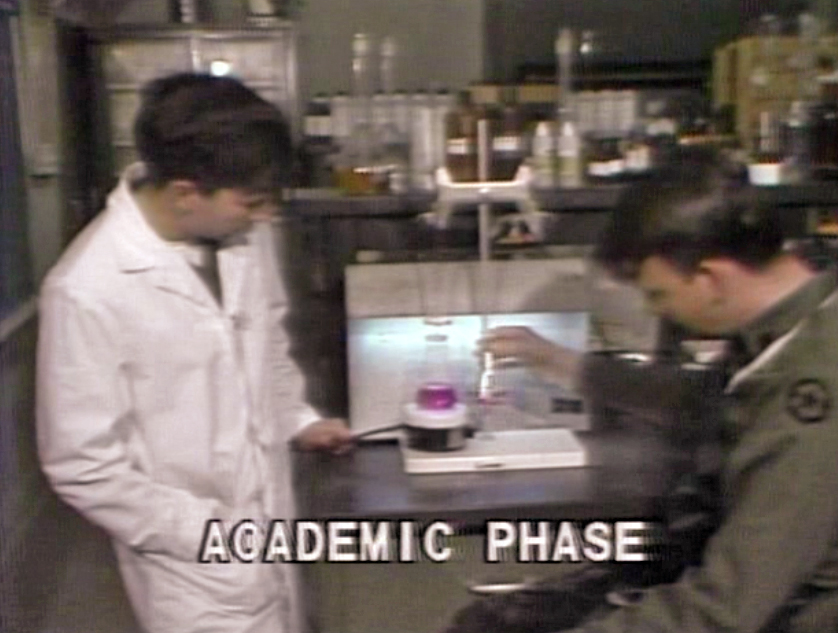
I started out in communication and Europe spending 4 years and 3 months in Germany. I left Germany for a one-year power production school at Fort Belvoir and ended up being an instructor there. After, 8 years and 9 months active duty I had to make a choice since they were to close the school.
The health physics and chemistry specialty area was to be moved to Texas as part of the medical school. So, what are they going to do with me? Well, their first thought was to send me to Picatinny Arsenal in New Jersey not far from NYC. I did some research as to what they had at the arsenal at the time and it did have some interesting items. But, the cost of living was out of sight, so I decided that I did not want to go there.
I told my unit that I would be getting out of the Army at the end of my enlistment. They shortly came back with orders that would send me to my first choice at the Post Hospital at Fort Gordon, Georgia. I gave that some thought but decided that if they could change my orders that quickly, they could also change it back just as quickly.
I also had a job offer outside of the military for much more money. I decided to accept that offer with Chem-Nuclear Systems, Inc. in Columbia, South Carolina. This was directly related to my training in the military. I didn’t stay with this company long (1 year and 4 months) before moving to civilian nuclear power plants. I started as an instructor and later become a training supervisor for the engineering, chemistry, health physics and general employee training areas.
I enjoyed my time on active duty and felt that I owed the military more of my time, so I also immediately join the SC nation guard after being discarded from active duty. I also enjoyed my time with the national guard and reserve units I was in. I was in some communication units including one that was Air Force National Guard. I also had the opportunity to be in a heavy equipment repair unit and an artillery unit.
Of all your duty stations or assignments, which one do you have fondest memories of and why? Which was your least favorite?
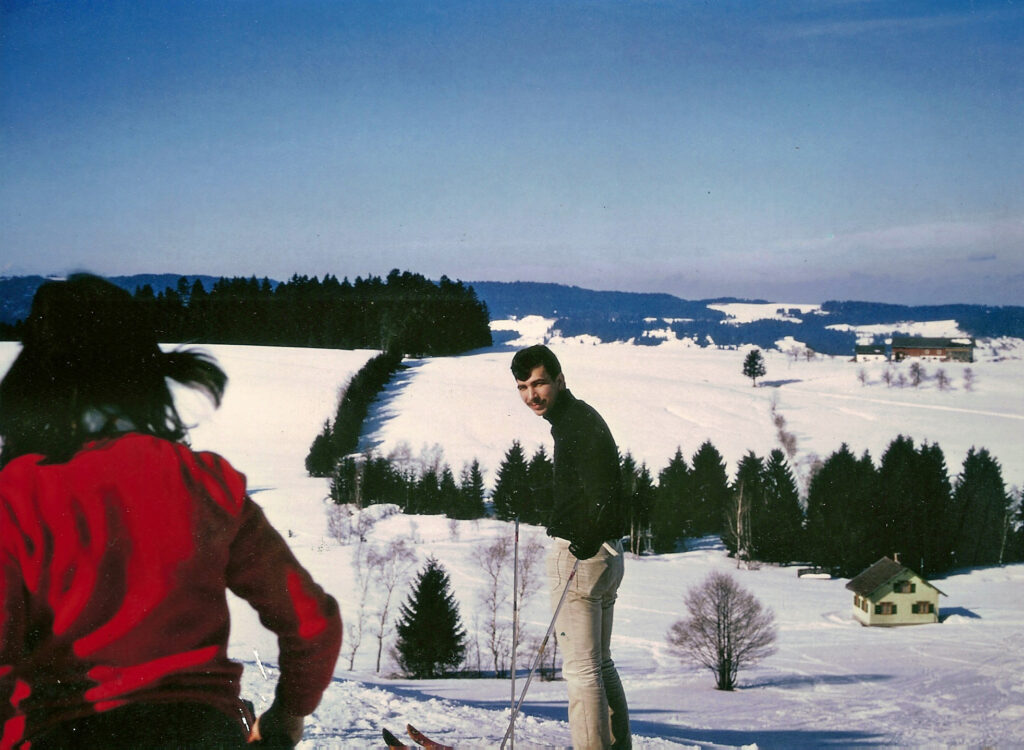
My best duty assignment was Germany, both Schwetzingen, and Worms. I enjoy my work and enjoyed all of my time spent traveling around Europe. There are too many memories to put here, so will only address a few.
Since my arrival in Europe in September 1972, my initial duty status was with the Telecommunications Center (TCC) in Schwetzingen, Germany. I remained there until spring 1974, during which time I demonstrated outstanding leadership abilities in the supervision of all TCC operators. I managed shift personnel, gave on-the-job-training to newly assigned operators and improved traffic handling procedures which produced time and cost savings and improved the overall efficiency of the TCC. Filling position as a terminal operator, TCC M&R clerk, and shift supervisor.
While in Germany, it was possible to go to most areas in one day or weekend. I had the opportunity to visit a lot of castles and other historic locations. On a couple of occasions, I had the chance to immerse myself in German culture (Volks marches and October Fest).
During the summer of 1974, ACC-E reorganized as Headquarters, 5th Signal Command at Kilbourne Caserne in Schwetzingen. The reorganization called for the activation of 2nd and 160th Signal Groups from resources of inactivated units from the 22nd and 4th Signal Groups and the assignment of the 6981st Labor Service Group and 72nd Signal Battalion to 5th Signal Command. Additionally, the Command relocated to Taukkunen Barracks, Worms, Germany, in August 1974, and the 12th Signal Group was inactivated by July 1975. 7th Signal Brigade remained under 5th Signal Command’s operational control until 1981, when it was officially assigned to the Command.
During this transition period, I was temporarily assigned to the communication center in Heidelberg. It was much larger and had all of the latest equipment. Computers, optical scanners, and other equipment that made it easier to send messages. To give you some perspective on the size of this equipment, the storage device used was as big as a desk and only held 10 megabytes of information. I processed close to 800 messages one night where I might have only been able to process 80 at the other communication center.
In addition, we had to learn and qualify on a 45 for protection of the communication center. The 45 was not a normal issue weapon for enlisted so it was a treat. So, I have used an M161A, rocket launcher (M72 LAW), M203 grenade launcher which was all better than just throwing a grenade and now the military 45.
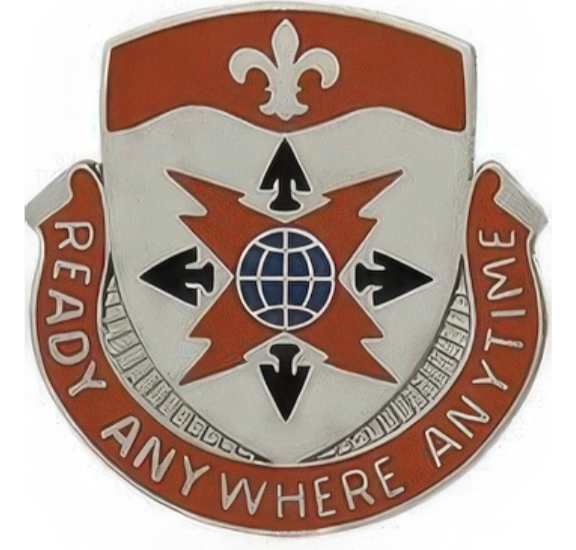
The move to Worms, Germany was a pleasant one and again put me in a city which had lots of history, beer, and good food. It also gave me the opportunity to change jobs. Because of my knowledge of communications equipment and TCC operations, I was offered and accepted the position of NCOIC of the Communications Security (COMSEC) Division, in the Office of the Deputy Chief of Staff for Logistics, 5th Signal Command and responsible for administering distribution and control of all communication security equipment in Europe; performing on-site inspections; and maintaining a communication security account (5FE425). As a result of my technical knowledge and initiative, new procedures for the administrative handling of 80 COMSEC accounts managed by the division were implemented. Also, through my own initiation, I developed and introduced procedures for scheduling and maintaining all COMSEC logistics programs and the efficient handling of all COMSEC accounting. It was a position slotted for two pay grades above where I currently was. This was a challenging position and gave me the occasion to travel for the military to other sites.
On a trip to Italy to perform inspections with my boss and only other person in my office, Samuel Torres. We took a military car and drove down the autobahn to Switzerland. Then through the Alps with a portion of the drive on a train. You just drove onto the train with your car and rode through several very long tunnels to the Southern side of the Alps in Italy, where you drove off and continued the trip. Our first stop was at Tirrenia, Italy where we stayed in a hotel that was one block from Sofia Loren’s house. She was not at home, but they were shooting a movie on the beach near the hotel, and the movie crew was staying at the same hotel.

Performed our inspection of the communication center at Camp Darby for their communication security account and check compliance with procedures. The station crew took us to a local restaurant which was my first experience with Italian food in Italy. It was fantastic! They had an open fire pit where they had various meats on rotisseries cooking right in front of us. It set a very high standard, and even today I am disappointed when I go to an Italian restaurant.
Our next stop was to be the communication station at Vicenza, Italy, but we were staying in Venice. Just prior to this trip I had seen a scary movie which some of the scenes took place on the misty streets of Venice. We arrived in Venice at night, and the walk to the hotel, the streets were misty, reminded me of the movie. It was very eerie, and I was a bit jumpy. But the hotel was nice and after all, it was Venice.
While in Germany I was able to visit many sites (castles, Roman ruins, towns, rivers, forests, and countryside). I definitely traveled all over Germany. I was also able to visit Netherland, Switzerland, Spain, Italy, France, Austria, and Liechtenstein. My first trip to Spain in 1975 was so good that I extended my tour in Germany another year.
From your entire service, including combat, describe the personal memories which have impacted you most?
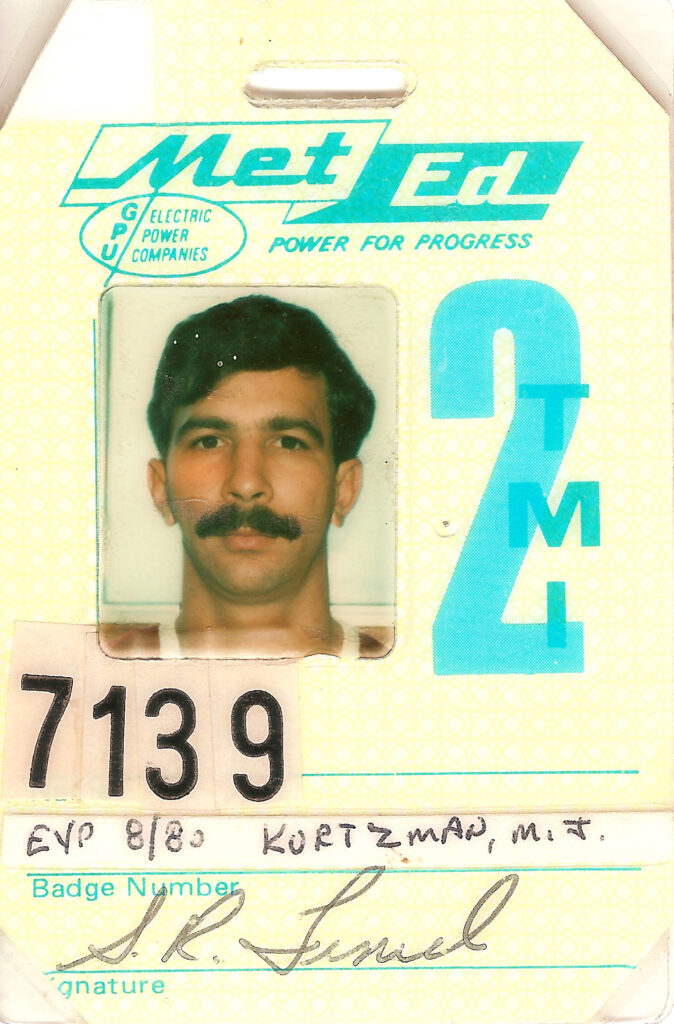
It was in March 1979; I was now teaching the health physics courses after teaching chemistry for 2 classes. The most significant accident in U.S. commercial nuclear power plant history happened at three-mile island nuclear plant. All of us in the 52E3H specialty area was put on standby for possible deployment to Pennsylvania including myself and my students. Within a week it was determined that we would not be going (at least for now) and we were taken off standby. This, of course, gave added meaning to the material I was presenting. It was also a major reason that training became a big requirement in commercial nuclear power programs.
I would actually take leave from the military and go to the three-mile island as a civilian contractor. The contractor used me for health physics work and also as an instructor teaching the newly acquired (off the street) health physics (HP) technicians some basics for what they needed to know. So, I was using my military training in a civilian environment. I probably used close to 45 days’ vacation this way.
This will also impact me in less than two years when it comes time for me to make a decision again on whether to stay on active duty. The accident will produce a large need for trainers in the nuclear industry. It also gave me more to talk about in my next HP class.
Of all the medals, awards, formal presentations and qualification badges you received, or any other memorabilia, please describe those which are the most meaningful to you and why?
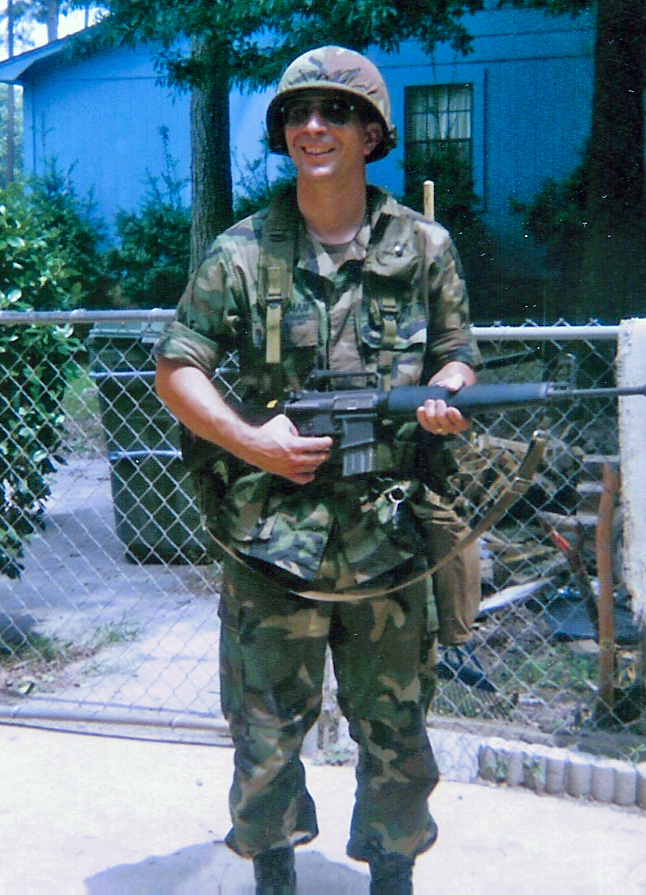
My two army commendation medals for different reasons. They represented hard work and recognition from my peers and supervisors. My first one was in 1976 while on active duty with 5th Signal Command in Worms, Germany. While my second one was in my last reserve unit in 1989 even while politics and prejudices played too heavy of a role.
Received my first Army Commendation Medal on 5 December 1976 for duties between 30 July 1974 and 5 December 1976. The position I was filling was and E-7 position, but at the time I was an E-5. This was the period of time that I was filling the NCOIC Communication Security Division, Office of the Deputy Chief of Staff for Logistics, 5th Signal Command position in Worms, Germany.
Part of the commendation medal was due to resolving conflicts between Assistant Secretary of the Army Inspections and USA Communications Command policy, which resulted in changes to AR 380-40. Also graduating with honors from Basic Noncommissioned Officers Educational System course.
I was the only enlisted person working in this office, so many times I was communicating with personnel who outranked me. I was also very self-directed because of this fact, which I prefer.
My second Army Commendation Medal was as important as my first one. But, what makes it unique is what was happening to me in my unit leading up to it.
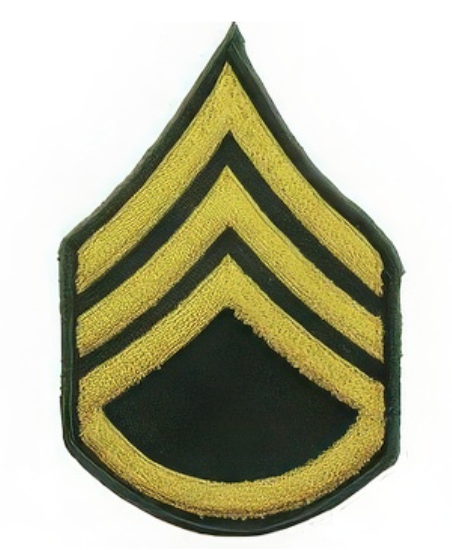
On 2 June 1985, I received my second promotion to Sergeant in the 72E MOS. I would continue with weekend drills and summer camps with this unit. Most of the time filling the 72E position. I was also assigned additional duties such as training NCO and retention NCO. These duties gave me things to do so that my weekend duty was not a bore with very trivial tasks. It seemed that some soldiers seemed to like that and did everything that they could to get out of work.
This time period in my military was also one which I could have done without. It was the first time that I was racially discriminated against for the color of my skin. I now have over 13 years of active and reserve duty working in many different units and locations and have never experienced what I did during this period. I have never had any issue with those I worked with, those whom I supervised, and those who supervised me. At this time my company commander was a black captain. This was not an issue for me until he made it one.
He seemed to go out of his way to give me grief. I noticed one of those times, I was in-line (for some reason) and about ready to go into a building. I did not have a hat on as I should have, so the company commander came over and dressed me down and had me put my hat on. That is not the issue. The issue was that a black soldier was in front of me and another black soldier was behind me. Both did not have their hats on and were not addressed by our company commander. They were as surprised as I was.
I had another incident outside of his office in which I was probably getting too mad at what he was saying and doing. I had to consider what was I going to do about this. Getting mad and playing into his game was what I wanted to avoid. Therefore, I decided to record and document his actions that I have observed or will observe. Once, I had what I thought was enough documentation I would take it to the battalion commander. Now, remember I was performing additional duty with this company as retention NCO.
After a couple of drills, I had documented several more incidents but was not ready yet to take it to the battalion commander. It ended up that I would not have to do that because he was relieved of command for some other reason. I assimilated this experience as to the effect of discrimination on a person. I also wanted to make sure that I was never guilty of it. I am also sorry to say that this was not the last time I experience prejudice in this unit.

I received another evaluation report from the telecom center officer and company commander on January 25th, 1988. In the report, the company commander stated that I was technically proficient in my MOS and displays sound, mature leadership. She went on to say that I have greatly enhanced unit retention and provides soldiers with excellent information and offers appropriate guidance to her. I received a rating of 123 out of 125.
29 February 1988, I was promoted to Staff Sergeant for the second time at the HHC 324th Signal Battalion, Fort Gordon, Georgia. That was ten years and eight months after I was promoted to Staff Sergeant the first time when I was on active duty. It was long overdue since I had more promotion points than anyone else in the unit, proficient in my MOS, and performed extra duties as retention NCO.
05 March 1988 I reenlisted for three more years at the HHC 324th Signal Battalion, Fort Gordon, Georgia. Guess who did the paperwork.
On 20 March 1988, a letter was written that revoked my promotion orders. I was returned to Sergeant for the third and final time. All of this happened at the HHC 324th Signal Battalion, Fort Gordon, Georgia. The problem identified was that the promotion board was not a legal one because of recent regulation changes. The month prior it would have been valid. In fact, it was long overdue, and they should have done it years ago. I later found out that some black soldiers complained about the promotion and that I got preferential treatment. That was not the case, but it was obvious to me that they only saw me as a white soldier getting promoted before they did. It didn’t matter that again my promotion scores were the highest and I was performing additional duties (retention NCO and later training NCO). At this time, I had 8 years and 9 months of active duty, followed by 7 years of National Guard/Reserve stretch. I had already been a Staff Sergeant in my current MOS. This was very disheartening.
On 5 April 1988 I received orders for Annual Training to attend the 79D Recruiting and Retention course at Fort Benjamin Harrison, IN, between 88/07/10 and 88/07/23. Remember I am still wanted in Indiana (trip to rose bowl), but that is another story.
Now you may wonder why I still did what was asked of me in this unit. My answer is simply that I enjoyed my time on active duty and it set me up for a productive career in nuclear power. In addition, I was able to get my first BS degree (short one class) while on active duty. In less than four years I would have my 20 years which would make me eligible for retirement pay at age 60 and medical. I was not going to let some negative individuals impact my life.
So, when on the 24th of May 1989, I received my second Army Commendation Medal for the period of service between 15 December 1985 to 23 April 1988 at HHC 324th Signal Battalion, Fort Gordon, Georgia. This was submitted by my new company commander.
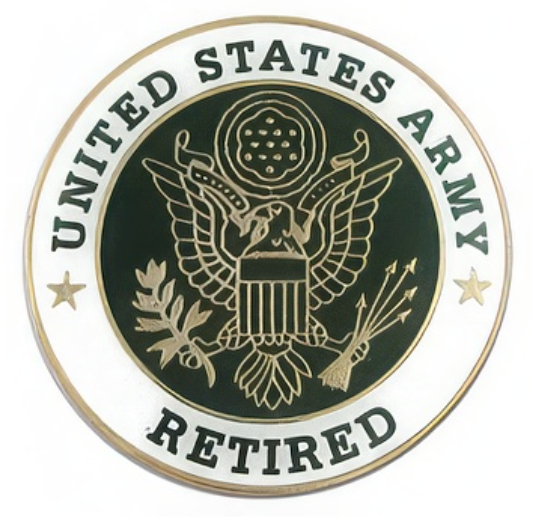
Which was based on my performance as retention NCO? The retention program had received an audit during this period with no issues and praise from our higher command. It noted that I performed with no guidance and no supervision, I maintained a perfect record as the retention NCO. I did it with honesty and followed all the regulations. I always advised the soldier as to what options they had when thinking about reenlistment.
My evaluation report dated January 8th, 1989 showed I scored 124 out of 125. My company commander stated the following: “SGT Kurtzman’s leadership skills allows each member of the section to remain proficient at their MOS during each training exercise. SGT Kurtzman has an additional duty as the retention NCO of the unit, which has been recognized by higher Headquarters.”
So, both medals represented hard work, ability, and achieving goals, even when faced with opposition (rank and people). Don’t quit because of others.
Which individual(s) from your time in the military stand out as having the most positive impact on you and why?
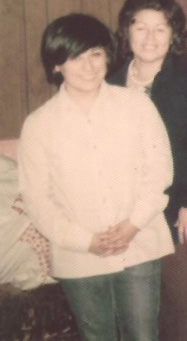
Staff Sergeant Emerline H. Briones, who was my immediate supervisor for most of the time that I worked in the communication center in Schwetzingen, Germany. She was a great boss and taught me lots about communication center work. She was also the one who recommended me for her position when 5th Signal Command moved to Worms. We also went to the October Fest together as part of a group. She was the one who introduced me to German schnapps, which I am still drinking today. I don’t know who got more frustrated her or me when she was giving me guitar lessons. But she never quit smiling.
Walter J. Kreeger, GS-12, head of the Health Physics and Chemistry Specialty training area in the Prime Power Production course at Fort Belvoir, Virginia. He was the type of boss who gave you help when needed but allowed you to discover things on your own and freedom to do what you think is needed. He gave me praise when appropriate and advice/direction when needed.
Can you recount a particular incident from your service which may or may not have been funny at the time, but still makes you laugh?
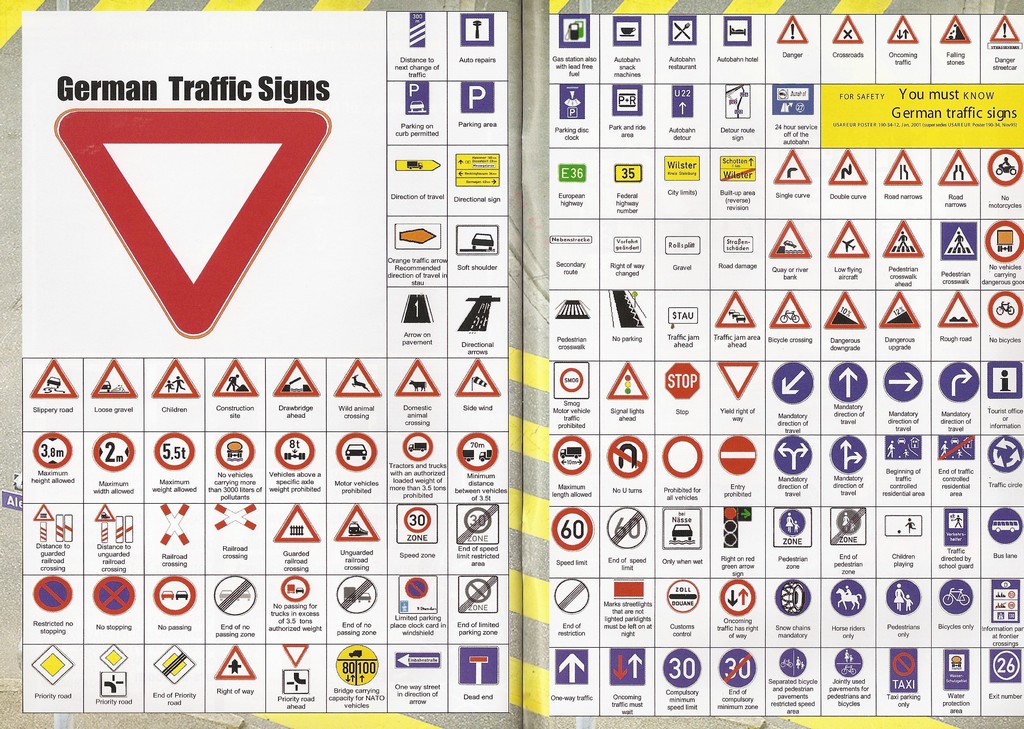
In 1973 the military was going through a transition, at least in the communication area. It was during this period of time, that the Army was integrating more women into it. We received the first groups of women soldiers assigned to the Schwetzingen communication center. They were assigned to the communication center but had their barracks in Heidelberg. Not, sure the Army had thought about all the details yet. And for some reason, they thought that they could not drive themselves to and from the barracks to work.
So, their solution was that the men working in the communication center would come in early, sign out a vehicle from the motor pool, pick up the women soldiers, take them to work, everyone performs their shift, take them back to the barracks, return the vehicle to the motor pool, then you were done for the day.
We didn’t have military driver licenses (for Europe), so we would all also have to get one so we could suffer the women to work. They sent a number of us to Heidelberg to take the test which consisted of a written exam (rules of the road) and another one for signs. I am not saying that we were disobeying orders, but each of us failed a test and did not get our licenses. I did pass the first one which was the hardest but failed the one on signs.
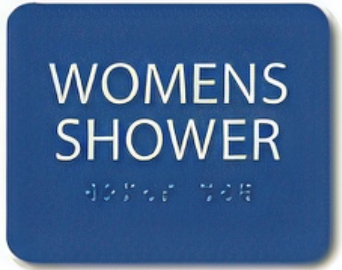
They were not very happy with us when we returned to Schwetzingen. They regrouped and the women got their drivers licenses and the problem was solved. Most of the women were very capable and were a valuable asset to the Army.
Later (1981) It seems that they have solved the problem with women in the Army (living conditions). Well maybe, anyway. Now in the SC national guard and my first annual training returned me to Germany. They now share the same barracks as the men. And I mean to share. The latrines have posted times for males and posted times for females. I was in one once taking a shower when a female came in. I thought oh no, I am in the shower at the wrong time. Well, I wasn’t but she was. We both did what we were there for without talking. I left checking the sign to make sure I was not wrong.
What profession did you follow after your military service and what are you doing now?
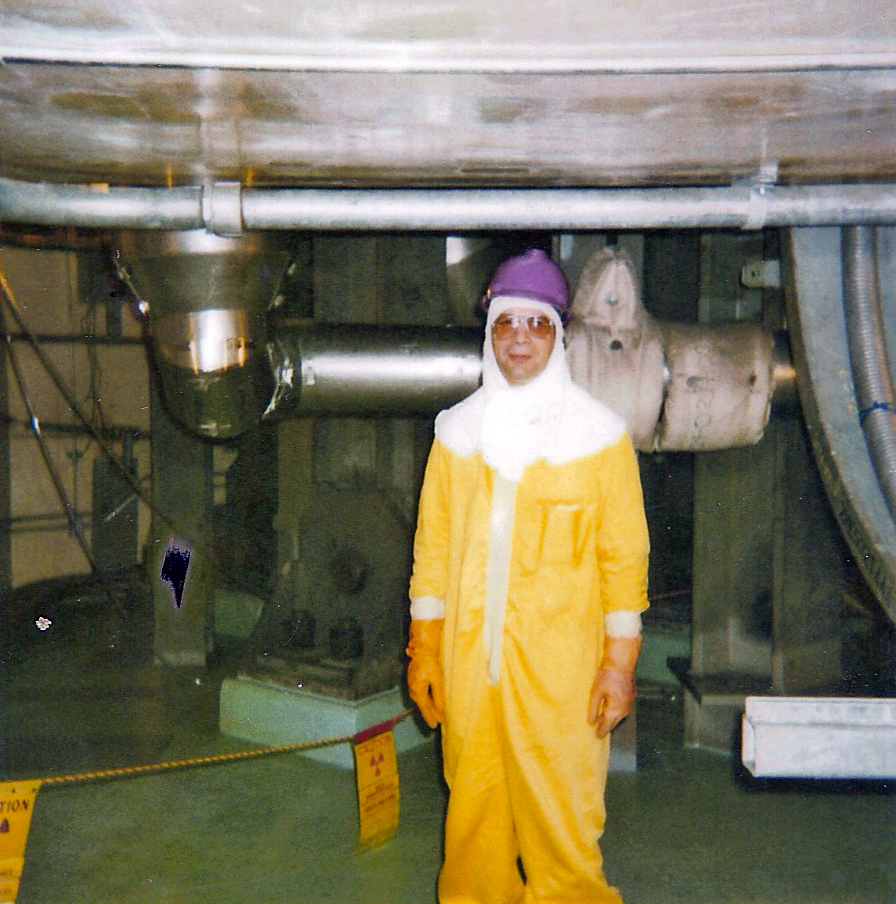
I am currently retired, but the profession I took up after my active duty service was directly related to my military service. Since when I left active duty, I was an instructor within the prime power production course at Fort Belvoir, Virginia in the Health Physics and Chemistry specialty area. I took that training and immediately went to work in the nuclear industry.
I first went to work for Chem-Nuclear Systems, Inc. which provides radioactive waste, transportation, burial and on-site assistance to the nuclear industry. They also operated the largest low-level radioactive waste burial in Barnwell, South Carolina.
Chem-Nuclear’s Barnwell, South Carolina, waste management facility is the only commercial Low-Level Radioactive Waste (LLRW) disposal facility in America that has operated without regulatory interruption. The 235-acre facility occupies property owned by the State of South Carolina and leased to Chem-Nuclear Systems. The Barnwell Waste Management Facility operates under the authority of Radioactive Material License 097 issued by the South Carolina Department of Health and Environmental Control (DHEC). Since the disposal facility began operation in 1971, about 28 million cubic feet or 90% of the available disposal volume has been used.
In my job, I provided technical assistance to nuclear facilities in the areas of health physics, radioactive waste shipments, training, emergency planning, shielding, and radioactive waste systems. Provided radioactive waste shipment training at company-sponsored seminars and plant sites. Performed duties as an adjunct professor for Midlands Technical College for health physics classes. Reviewed topical report for solidification system. Performed radioactive waste system study for a south-eastern utility (Surry). Brokered radioactive waste shipments for nine utilities, an oil refinery, a chemical plant, and a university. Provided radioactive waste assistance to a north-eastern utility (Pilgrim). Performed shielding calculations for cask design.
In what ways has serving in the military influenced the way you have approached your life and your career? What do you miss most about your time in the service?

One thing is that before entering the military, I was not looking toward my future and was just living for the moment. The military gave me purpose and encouraged me to improve myself. Education was one way to go and I pursued that while I was on active duties and short just one course to complete my BS degree at discharge. I continued my education after that while working at my civilian job and attending drills with a national guard or reserve unit. I completed another BS degree and a Masters degree.
It also gave me the confidence to work and perform at levels beyond my rank or position. On active duty, I filled position two pay grades above my rank and in the guard/reserve the same. I also filled an additional duty position as retention NCO and training NCO. My last job was training NCO and I again had additional duties. Emergency Plan scenario developer, drill control, and filling emergency position as dose analyst, dose assessment manager, and NRC liaison. Filled various HP positions during outages; HP supervisor, HP foreman, ALLARA, and maintenance liaison. Chaired and filled the position with the South Eastern Nuclear Association for health physics, chemistry, and general employee training. Member of the engineering training association. Member of the NANTEL steering committee. Represented my plant with the INPO accreditation teams at four nuclear sites. An active member of the local chapter of the American Nuclear Society. Founding member of the behaviorally based safety program at the plant. Volunteered to be on the refueling team. And much more?.
What I miss most from my active duty time is the drive of everyone around you to complete the mission. Everyone worked together to achieve their goal. That does not always happen in the civilian workplace.
Based on your own experiences, what advice would you give to those who have recently joined the Army?

I would give recently new servicemen the same advice I give those in the JRROTC program or thinking about joining the military at the high schools that I substitute teach at. Listen, follow directions, and do your best. I also tell them not to volunteer for anything at least in basic, because they will be busy enough as it is. After basic, then it is using your head and do your best. There are lots of opportunities in the military, so use your time wisely.
In what ways has togetherweserved.com helped you remember your military service and the friends you served with?
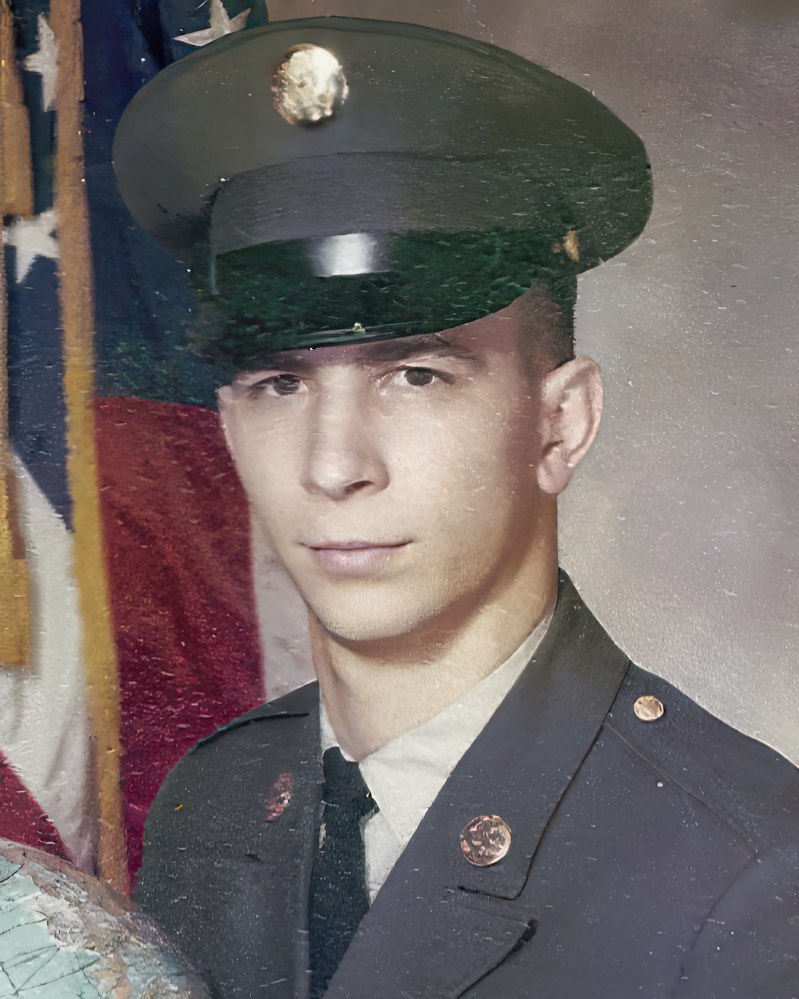
It is a great visual place to put together a record of your military career. I have been working on reviewing, scanning, and documenting my military record and putting it to a narrative for several years now. A slow process, which I work on from time to time. I was doing this so that my memory will not fade with time (at least what I have documented and written down). Also, to reduce the amount of paperwork that I am keeping. Digital files are much smaller.
So, TogetherWeServed.com has given me a place to put some of these records and gives me a nice graphic display of my military career. It also gives me the opportunity to reconnect with some of my fellow service members. There are those that I have to keep in touch with, but there are others I would love to hear from.
PRESERVE YOUR OWN SERVICE MEMORIES!
Boot Camp, Units, Combat Operations
Join Togetherweserved.com to Create a Legacy of Your Service
U.S. Marine Corps, U.S. Navy, U.S. Air Force, U.S. Army, U.S. Coast Guard
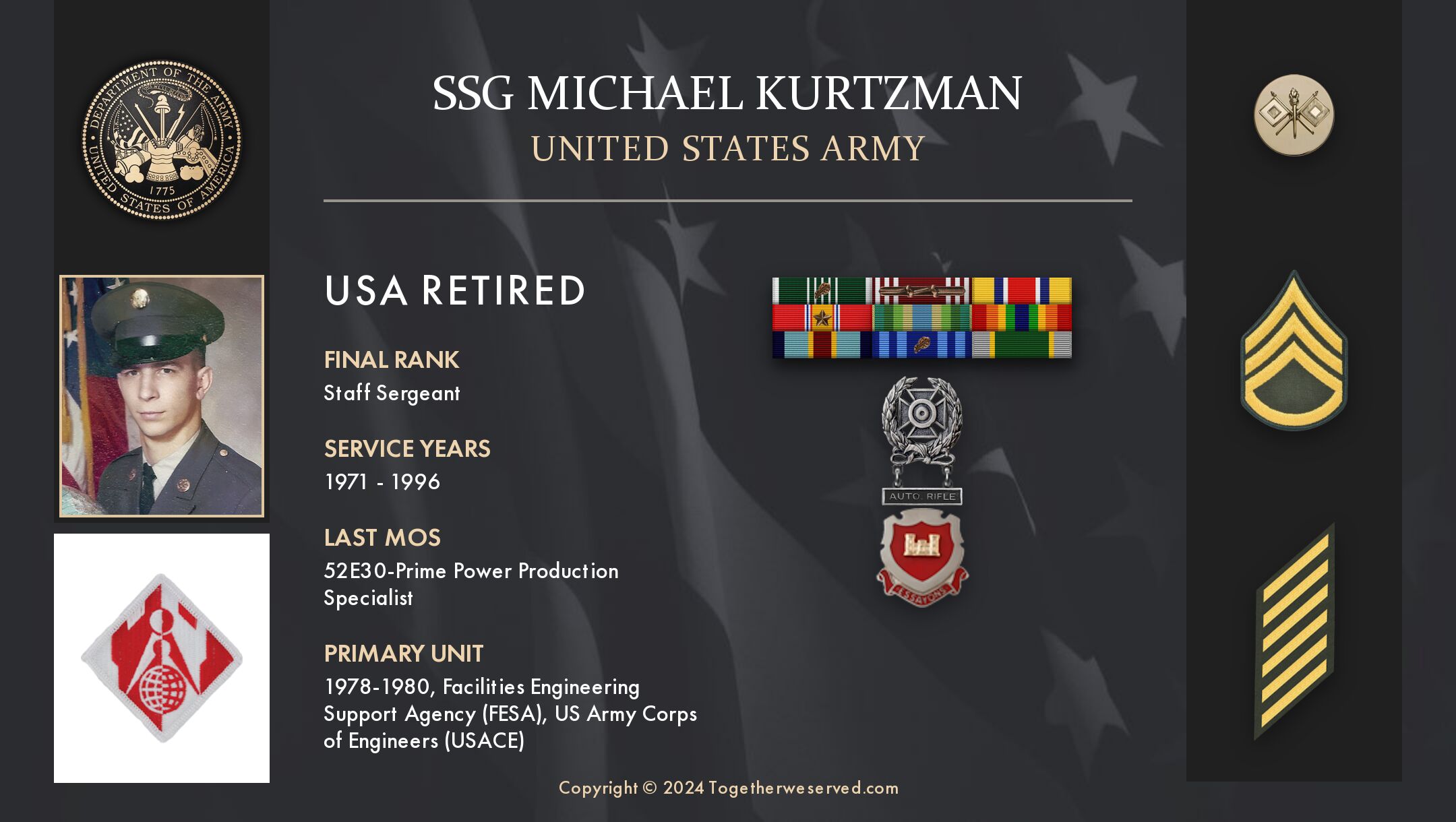
A lot of people are screwed over in the military but continue to see the positives and make it count. It seems that SSG Kurtzman was one of those and should have retired as an E7.
Call me
Bill Franklin
My 2nd station was worms Germany from 1973- may 1975
Phone 770-833-0292
Live in McDonough, Ga
Like your visit and story
Would like to talk you about the place